As you navigate the complex world of real estate, it's crucial to recognize the hidden dangers that could undermine your investments. You might overlook predatory lending practices or the far-reaching effects of gentrification, both of which can greatly impact your financial landscape. Ethical dilemmas often lurk behind seemingly straightforward transactions, and environmental concerns could haunt your projects long after completion. Understanding these risks can enable you, but knowing where to start can be overwhelming. What if the very strategies you rely on could lead you astray?
Key Takeaways
- Market volatility can inflate investment risks, making thorough research and awareness of economic trends essential for real estate investors.
- Predatory lending practices, such as hidden fees and misleading terms, can trap borrowers in financially strained situations.
- Gentrification often leads to community displacement, increasing rents and property taxes while erasing local culture and small businesses.
- Ethical dilemmas, including commission conflicts and lack of transparency, can compromise trust in real estate transactions, impacting clients' financial futures.
- Environmental concerns from development projects can lead to habitat destruction and loss of green spaces, affecting urban health and sustainability.
Investment Landscape Challenges

As the real estate market faces unprecedented challenges, it's essential for investors to adapt their strategies.
With traditional approaches becoming less effective, you must consider investment diversification to spread risk. Look beyond single-family homes and explore multi-family units, commercial properties, or even real estate investment trusts (REITs).
Market timing also plays a significant role—don't wait for the perfect moment to invest; instead, focus on making informed decisions based on current trends and data. Understanding the cycles can help you capture opportunities, even in turbulent times.
Understanding Market Risks
While steering through the real estate market, you need to be acutely aware of the inherent risks that can derail even the most promising investments.
Market volatility can catch you off guard, making it essential to stay informed about economic trends. Be cautious of investment bubbles, which can inflate prices artificially, leading to sudden crashes.
Understanding the cyclical nature of real estate is vital; history shows that downturns often follow periods of rapid growth.
Diversifying your portfolio can help mitigate these risks, offering stability in unpredictable times. Always conduct thorough research before diving into any investment, and remember: staying educated is your best defense against market pitfalls.
Keep your eyes open, and don't let the allure of quick profits cloud your judgment.
Predatory Lending Practices

Predatory lending practices can ensnare unsuspecting borrowers, leading them into financial traps they can't escape.
Often, lenders target you with subprime mortgages, designed for those with poor credit histories. These loans seem appealing at the outset, but they typically come with adjustable rates that can skyrocket after an initial low period, leaving you struggling to keep up with payments.
Hidden fees buried in the fine print can further complicate your situation, catching you off guard. When financial hardships hit, many find themselves facing foreclosure, especially vulnerable populations lacking financial literacy.
Awareness is essential; always scrutinize loan terms and seek advice before signing. Protect yourself from these deceptive practices, ensuring you make informed decisions in your real estate expedition.
Effects of Gentrification
Gentrification can greatly reshape neighborhoods, often displacing long-term residents who can no longer afford rising rents and property taxes.
You might witness community displacement as affordable housing vanishes, forcing families to relocate. This shift brings a wave of newcomers who may not understand or appreciate the local culture.
As small businesses close down to make way for upscale shops, cultural erasure becomes evident, stripping the neighborhood of its unique identity.
You'll see social tensions rise between the affluent and established residents, creating divides that can fracture community bonds.
Ultimately, while revitalization may seem appealing, it often comes at the cost of diversity and stability, leaving you to wonder who truly benefits in the end.
Ethical Dilemmas in Real Estate

How often do you consider the ethical implications of real estate transactions? You may not realize it, but ethical transparency is vital.
When agents prioritize commissions over their clients' best interests, they create commission conflicts that can compromise trust. This can lead to decisions that favor profit instead of fairness, leaving vulnerable clients at a disadvantage.
You might encounter hidden fees or misleading property disclosures, both of which can greatly impact your financial future. Understanding these ethical dilemmas is essential for traversing the real estate landscape responsibly.
As a buyer or seller, ask questions and demand transparency, ensuring that your transaction reflects integrity rather than just a bottom line. Protect yourself by advocating for ethical practices in every deal.
Environmental Impact Concerns
While many focus on the financial aspects of real estate, it's crucial to take into account the environmental impact of development projects.
These projects can lead to habitat destruction, increased carbon emissions, and the loss of green spaces significant for urban health. By adopting sustainable development practices, you can help mitigate these issues.
Think about how your choices affect ecological preservation; every decision counts. Supporting developments that prioritize renewable resources and minimize waste not only benefits the environment but also enhances property value in the long run.
Remember, responsible investing means considering the bigger picture. Your actions today can help create healthier communities and a more sustainable future for everyone.
Don't overlook the environmental implications; they matter more than you might think.
Frequently Asked Questions
How Can I Identify a Real Estate Bubble Before It Bursts?
To identify a real estate bubble before it bursts, watch for bubble indicators like rapid price increases and high speculative investment. Stay informed on market trends and economic shifts to anticipate potential downturns effectively.
What Resources Help Improve Financial Literacy for Potential Investors?
To improve your financial literacy, explore online courses, books, and podcasts focusing on financial education and investment strategies. Engaging with these resources helps you understand markets better and make informed investment decisions.
Are There Safe Investment Alternatives During Market Downturns?
During market downturns, consider diversifying your portfolio with recession-proof assets like bonds, precious metals, or real estate investment trusts. These options can help stabilize your investments and protect your wealth from economic fluctuations.
How Does Local Government Policy Affect Real Estate Investments?
Did you know that 75% of real estate investments are influenced by local government policies? Zoning regulations and tax incentives can considerably impact your investment's profitability, shaping market dynamics and determining property values in your area.
What Are the Signs of a Predatory Real Estate Agent?
When evaluating a real estate agent, watch for warning signs like high-pressure sales tactics or lack of transparency. Agent red flags include insufficient market knowledge and reluctance to provide references or clear communication during negotiations.
Conclusion
To summarize, maneuvering through the real estate landscape requires awareness of its hidden dangers. For instance, consider a hypothetical investor who overlooks gentrification's impact, only to find their rental property empty as long-time residents are displaced. By staying informed about market risks, lending practices, and ethical considerations, you can secure your investments and cultivate positive community relationships. Remember, being proactive today will help you avoid pitfalls tomorrow, ensuring your undertakings are both profitable and responsible.


